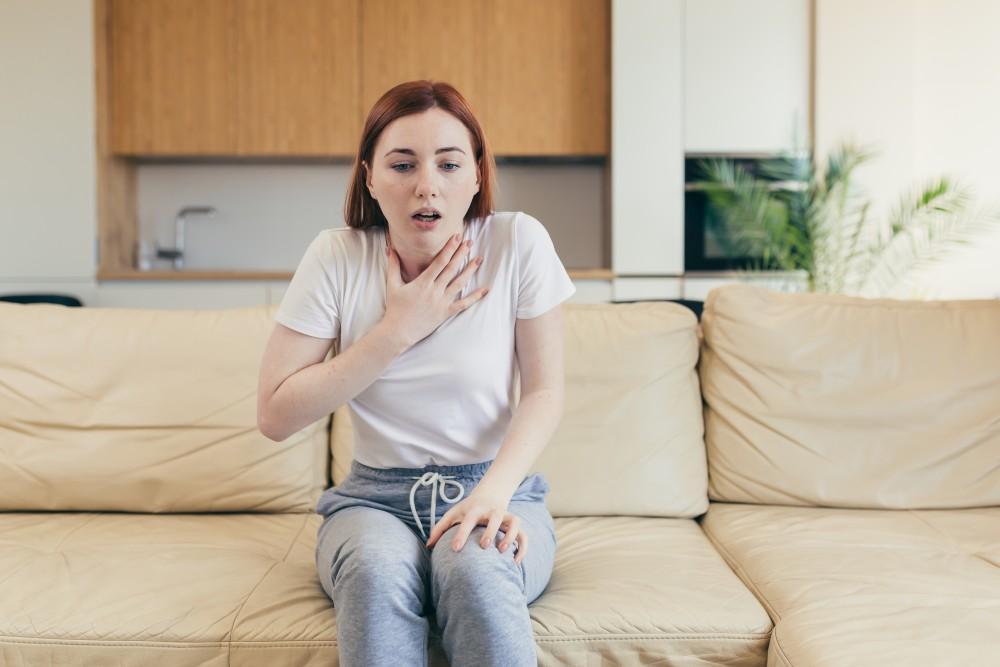
Acid Reflux and Chest Pain: How Are They Linked?

It’s not uncommon to feel a burning sensation in your chest after eating certain foods or a large meal. This is called acid reflux. But never ignore chest pain or take it lightly.
When you have acid reflux, it might feel like you’re having heart attack symptoms, depending on the severity of its effect. So how can you know what you’re actually experiencing?
Here at Eastside Bariatric & General Surgery in Snellville, Georgia, Dr. Aliu O. Sanni and our team are acid reflux specialists. We’re here to help explain how acid reflux can be linked to chest pain so you better understand what’s happening in your body when this sensation occurs.
How acid reflux occurs
When you eat a snack or a meal, your food passes from your mouth down through your esophagus — about a 10-inch-long tube that connects your mouth to your stomach. Food empties into your stomach through the opening of your esophagus. It then closes, keeping the contents in your stomach.
But if the opening doesn’t completely close or close at all, the food can go back up your esophagus, which can cause irritating symptoms.
Symptoms of acid reflux
If you have acid reflux, you might not experience any symptoms. But if you do have symptoms, the most common is heartburn, which is a pain or a burning sensation in your chest.
It can occur in the middle of your chest, behind your breastbone, or in the lower portion of your chest. It can also shift up into your throat.
Is it acid reflux or a heart attack?
A heart attack and heartburn can feel very similar. If you have chest pain that continues, you should call 911 or seek medical assistance immediately.
Oddly enough, heartburn and a developing heart attack can have symptoms that go away after a period of time. That’s why understanding various types of chest pain is important.
Although the signs of a heart attack vary from person to person, typical symptoms include:
- Cold sweat
- Difficulty breathing
- Sudden dizziness
- Tightness or pressure in your chest
- Aching sensation down your arms
- Fatigue
Of all the symptoms, chest pain tends to be the most common. But if it’s related to gastroesophageal reflux (GERD), which is when you experience acid reflux as often as twice a week or more, then it’s often called noncardiac chest pain, which isn’t a life-threatening condition.
Treating acid reflux
To treat your acid reflux, Dr. Sanni might prescribe acid-blocking drugs called proton pump inhibitors. They reduce pain by acting on the nerves that travel through your esophagus.
He might also recommend antacids to neutralize your stomach acid or H2 blockers to reduce the production of acid in your stomach for up to 12 hours. Surgery is also an option if you have a diagnosis of acid reflux and medications don’t work.
In other cases, if your symptoms don’t improve, acid reflux may not be your source of pain, which we can help determine.
If you’ve been having chest pain, call us today at 201-565-0876 or book an appointment online. We can provide an accurate diagnosis and recommend treatment right away.
You Might Also Enjoy...


Do I Need to Try to Lose Weight on My Own Before Bariatric Surgery?

What Will My Diet Look Like After My Gastric Sleeve Procedure?

When Is a Colon Resection Necessary?

I've Been Diagnosed With an Inguinal Hernia: What Does That Mean?


